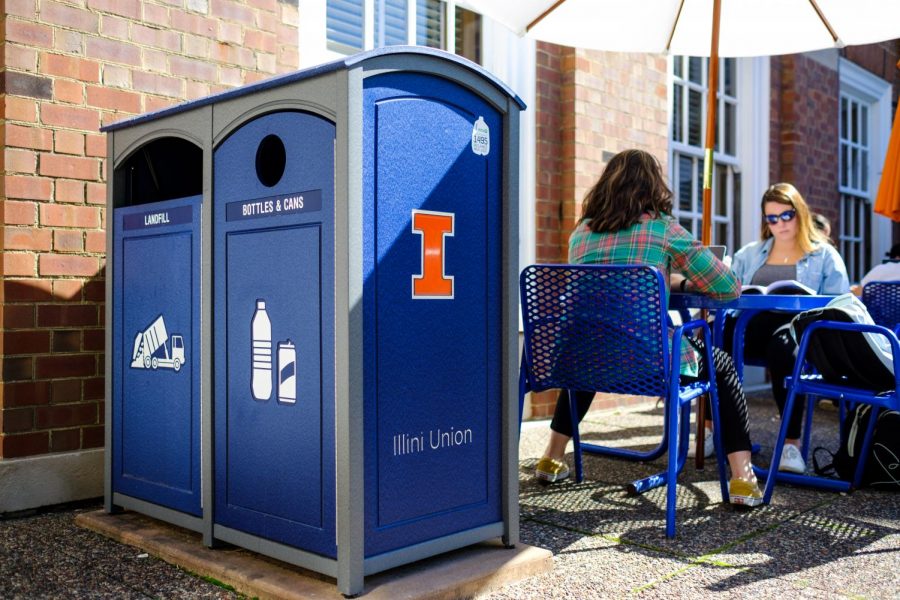Results of the 2021 Sustainability Competition for Undergraduates
"The three winners of the 2021 Sustainability Competition for Undergraduates were announced on Saturday afternoon.
The overall winners in this inaugural competition were Jamie Lee and Semi Shin who developed a communication strategy for promoting the use of sustainable cement. They won $2000 for their innovative efforts. Their faculty advisor was Prof. Iwona Jasiuk.
The runner-up award ($1000) went to three MechSE students, Advay Sudarshan, Aryan Panigrahi, and Yuge Ji. They proposed the development of an energy efficient thermoelectric cooling system for data centers. MechSE’s Associate Departmental Head, Prof. Sanjiv Sinha, advised them.
Third prize ($500) went to Sakshi Vaya, who proposed a gender education strategy in India.
The six winning entries may be viewed on the competition website.
Thank you again for the wonderful support of the 54 specialist advisors and initial judges, and of the seven final judges. I also immensely appreciate the tireless support of the fellow coordinating team members, Prof. (emeritus) Robert McKim, Prof. Warren Lavey, Prof. Michelle Wander, Peter Davis (Univ. of St. Thomas), and Shreyas Venkatarathinam (MechSE Senior).
We trust that you might again be able to support us with the Fall 2022 competition, which will feature a few structural changes. Also, our students will get the chance to collaborate with those from other universities, locally and internationally, as they address their chosen sustainability challenges."
-Leon Liebenberg (12/04/2021)
|
Teaching Associate Professor |

